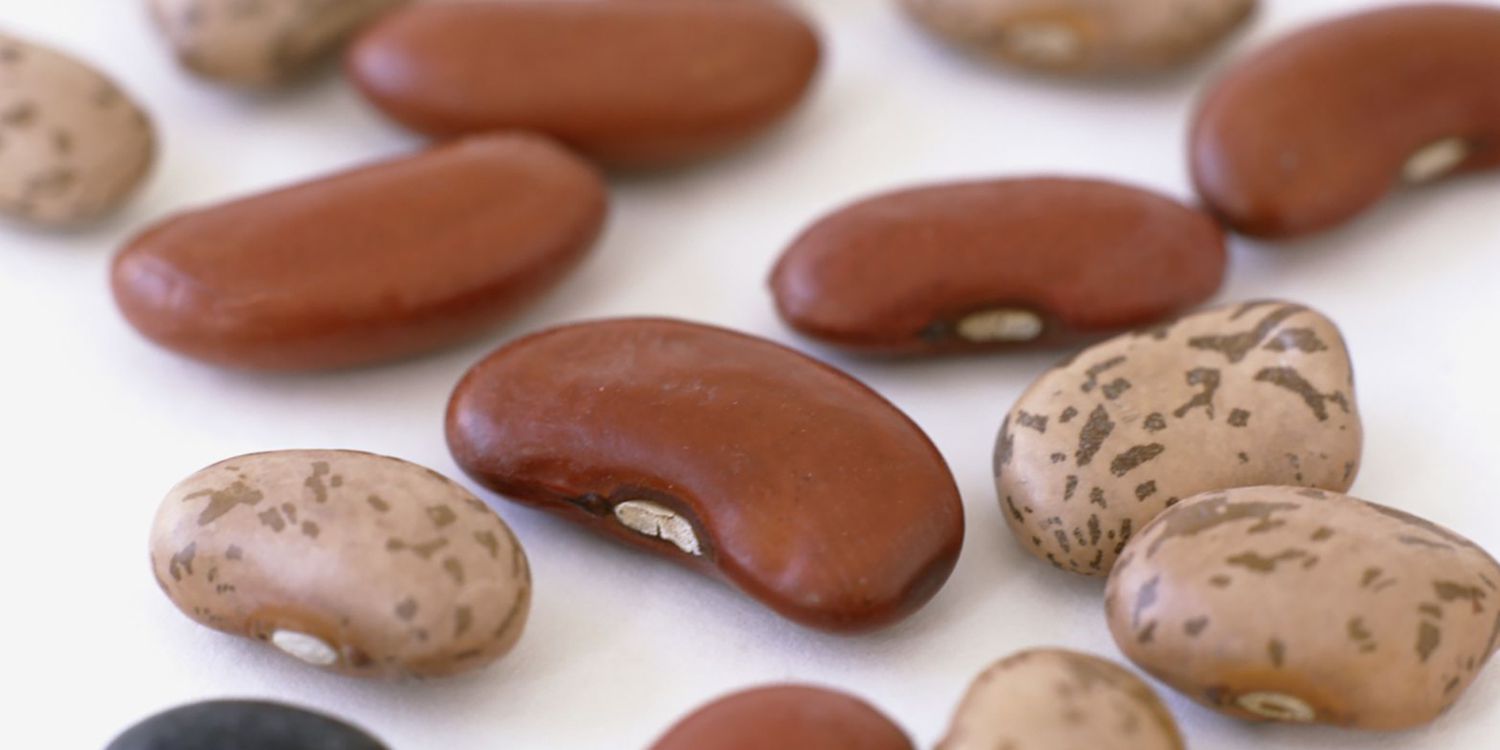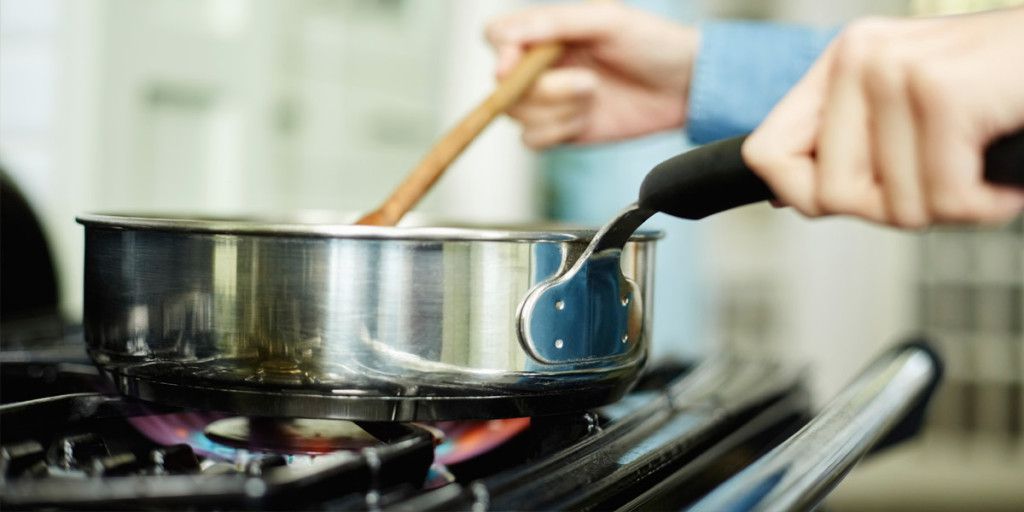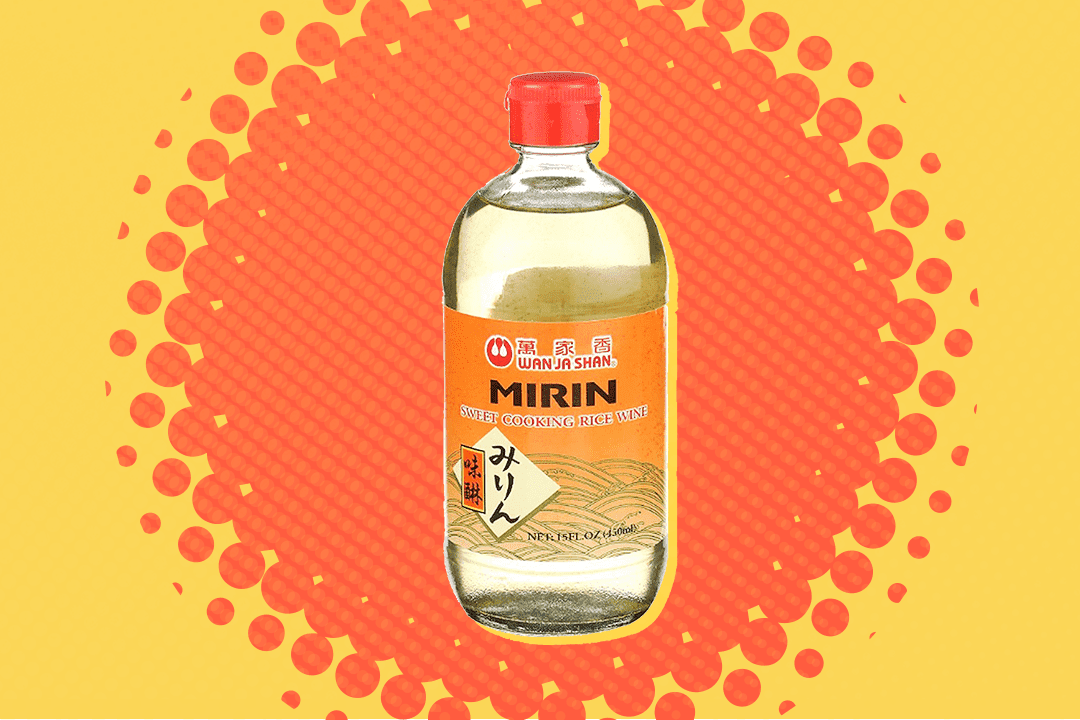If one of your resolutions for the new year is cleaning out your kitchen, don’t start until you read this. Food waste has come under fire in recent years, and you’ve probably heard that the dates printed on food labels can mean a host of different things, and not necessarily that what’s inside has gone bad or is no longer safe to eat. In fact, with the exception of infant formula, dates are not an indicator of a product’s safety and are not required by federal law, says Kantha Shelke, Ph.D., a food scientist and principal of Corvus Blue LLC, a food science and research firm.
Still, she says, “Food, from the moment it is harvested or made, is destined to age and spoil.” The top contributors to spoilage are moisture, heat, light, pests like insects and rodents, and plain old time. “Shelf-stable foods have a long, but limited, shelf-life,” Shelke says. “Going past that time, which is unique for each food, inevitably spoils the quality and ultimately, the safety of the food.”
Before you pitch any of the bottles in the back of your pantry or refrigerator, check out this timeline of the foods with the most staying power:
8 Months to 1 Year
Ketchup and Mustard
Until relatively recently, these condiments weren’t even refrigerated, says Shelke. They contain sugar and salt, which are natural preservatives, and mustard has compounds with natural antimicrobial properties, decreasing the odds of any microorganisms growing.
1 Year
Beef Jerky
“The best way of preserving something is to dry it,” says Shelke. Treating food with heat destroys foodborne microorganisms that can cause illness or spoil the food extend the shelf-life of foods to as much as 18 months to two years.
1 to 2 Years
Soy Sauce
Traditionally, soy sauce is a fermented product, and its high levels of sodium prevent bacteria from growing.
2 Years
Whole Grains
These are one of the most shelf-stable foods, and only eventually degrade because of tiny amounts of oil in the bran that goes rancid.
2 to 5 Years
Pickles
Another fermented food with high sodium content, pickles will keep in the fridge even opened.
Decades
Whole Spices
While grinding tends to break spices down and they will certainly lose potency over time, they are still safe and effective for years. “Whole spices don’t normally deteriorate,” says Shelke. “I have black peppercorns that are over 30 years old.”
Rice
Yes, rice has oils in the bran that can go rancid, but with proper storage (cool, dark place), it won’t. If the rice is polished and has had all the oils removed from it, it’s likely to last even longer. In Asian communities, Shelke says, rice that is 20, 30, or even 50 years old commands a higher price and is eaten by royalty because eating it is equated with longevity. “It develops a unique, popcorn-like aroma,” she says.
Hundreds of Years
Wine
Yes, it can turn into vinegar—but that’s generally only if it’s not stored properly and exposed to heat or light to degrade it. But plenty of 100-year-old bottles have been sold at auction.
Virtually Forever
Pasta
There is nothing in pasta that will spoil, Shelke says. And she should know, because she’s tasted some that was found in an Egyptian pyramid. Researchers boiled it up as an experiment and it tasted as fresh as the stuff on store shelves, she says.
Dried Beans and Lentils
Moisture is the number one cause of spoilage because microbes, specifically bacteria, molds, and yeasts, flourish in its presence. But dried foods will last and last.
Candy
We often hear that honey is the one food that will never spoil, but Shelke says, “Sugar is a pure chemical. It never really spoils.” So anything that’s mostly sugar is pretty indestructible. And while microbes love to eat sugar, they only do so if it’s somewhat moist. “The wrapper of a Jolly Rancher will go bad before the candy does,” Shelke says.
Related
- This Is What Those Best-By, Sell-By, and Use-By Dates Really Mean
- Does Honey Go Bad or Expire?
- Does Ice Cream Expire?




